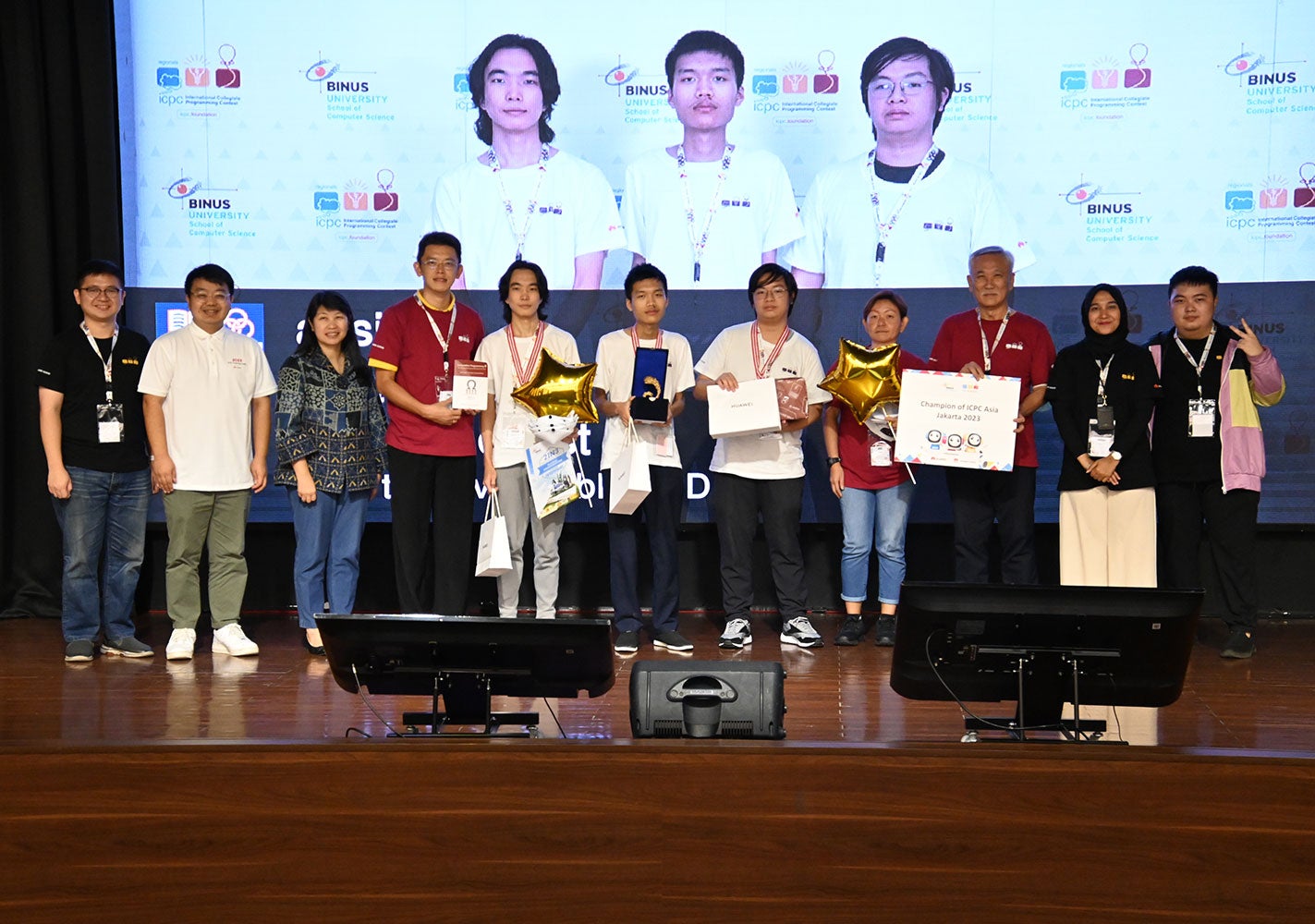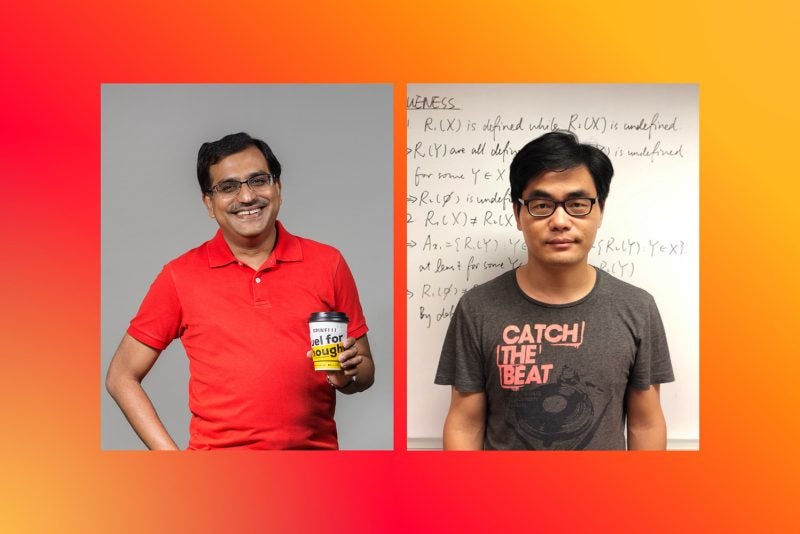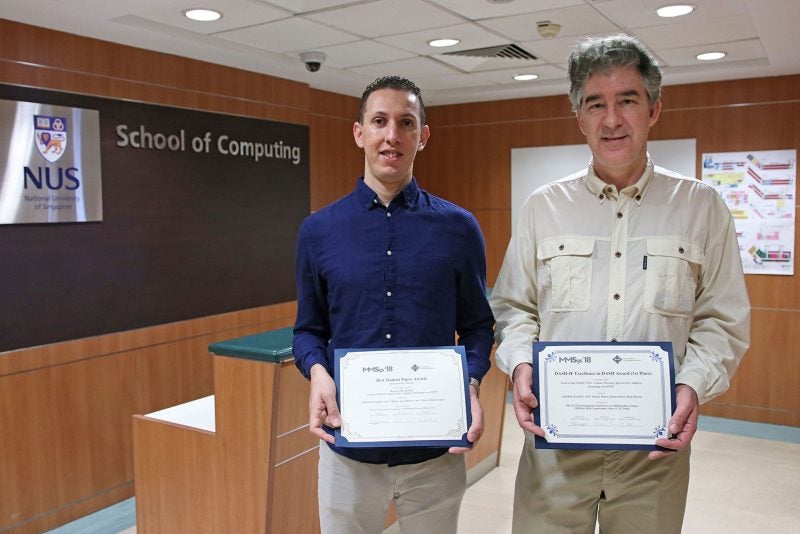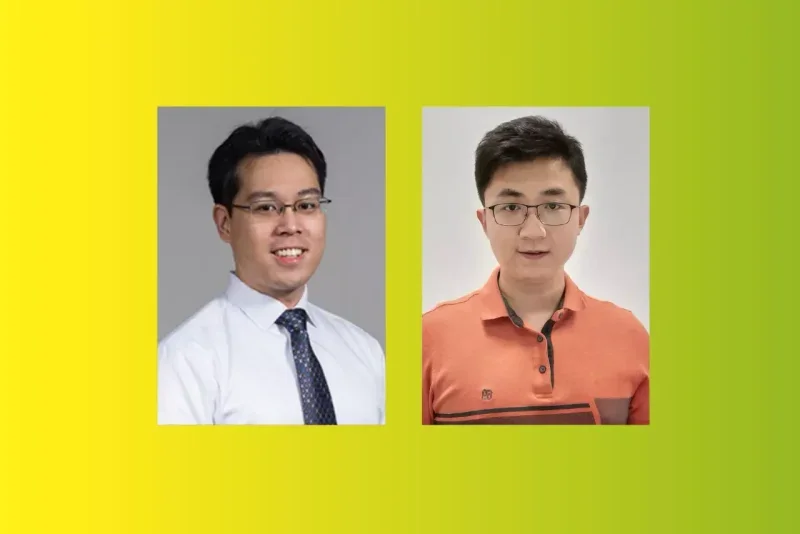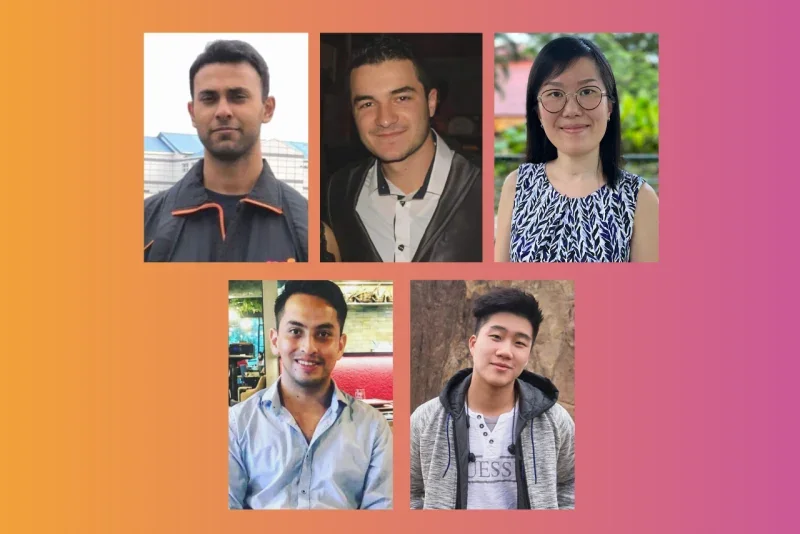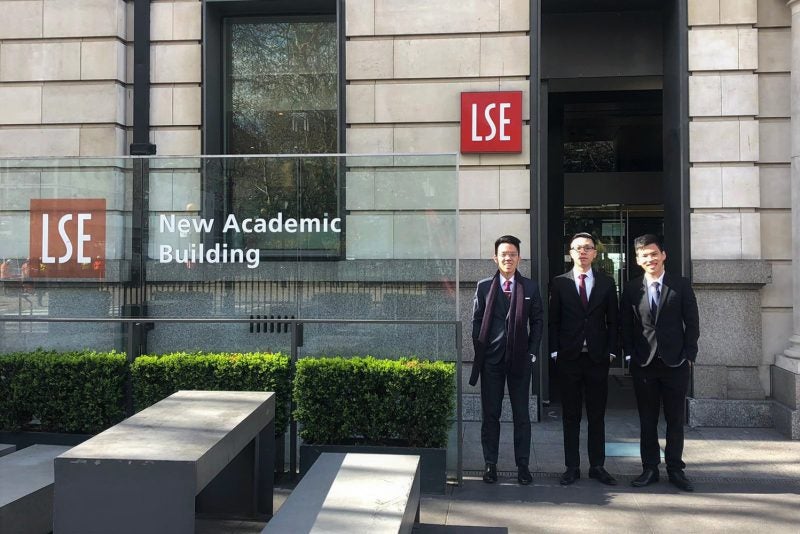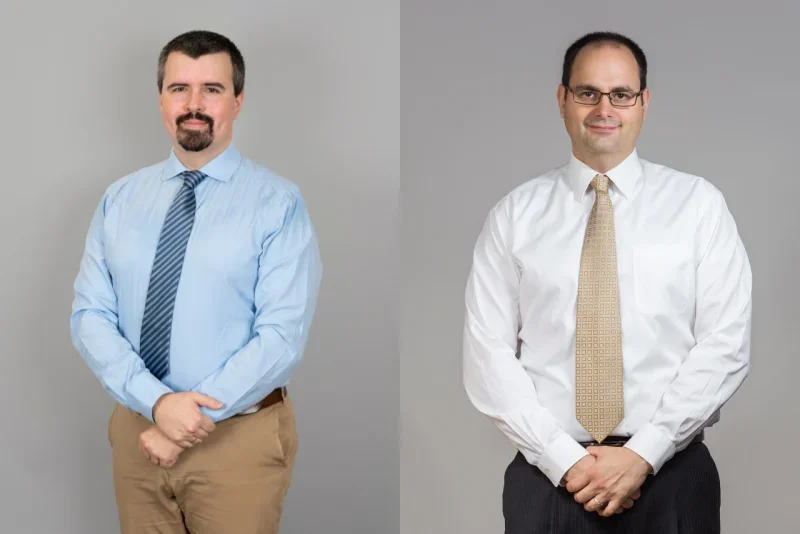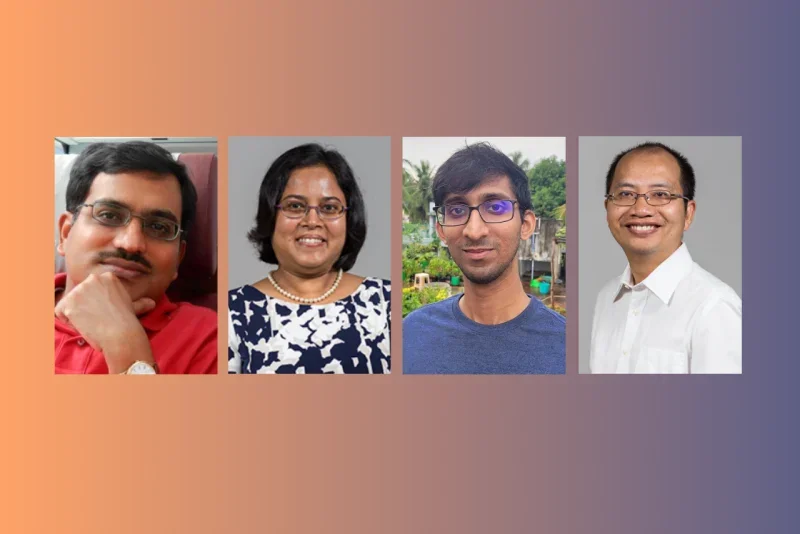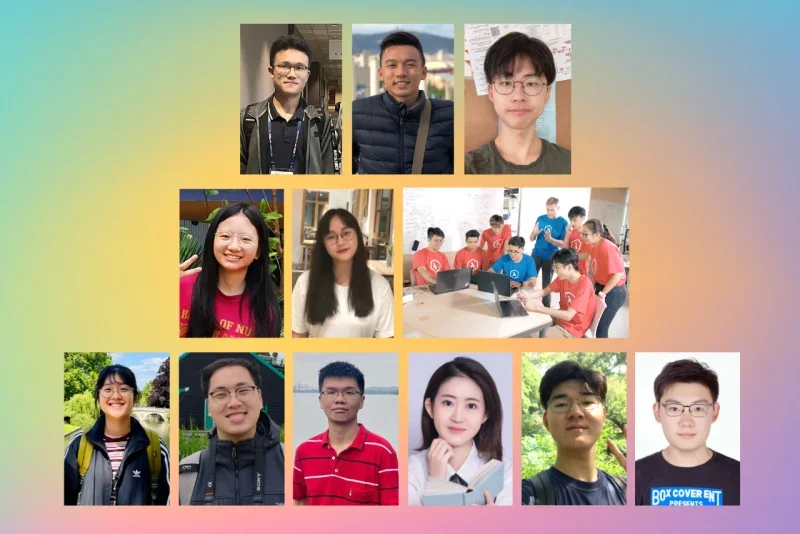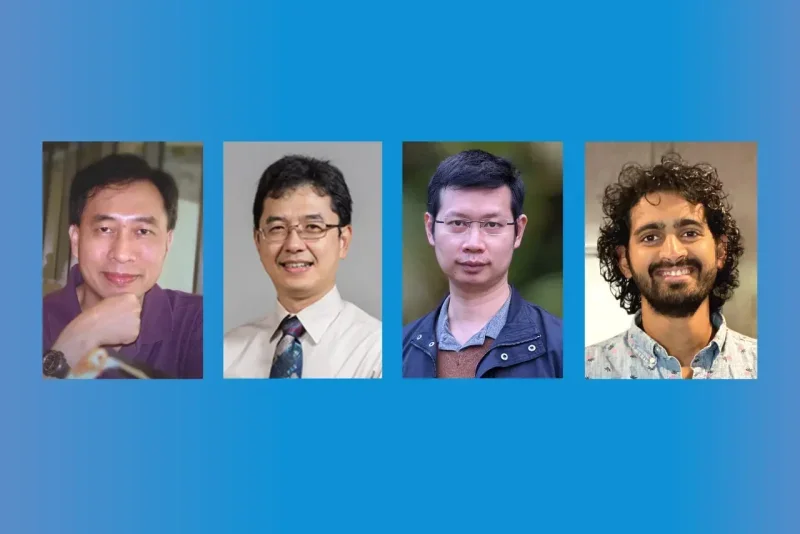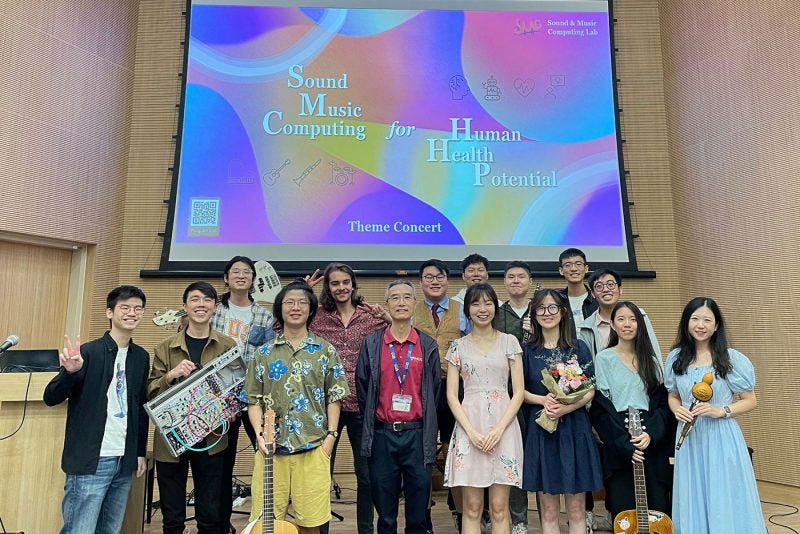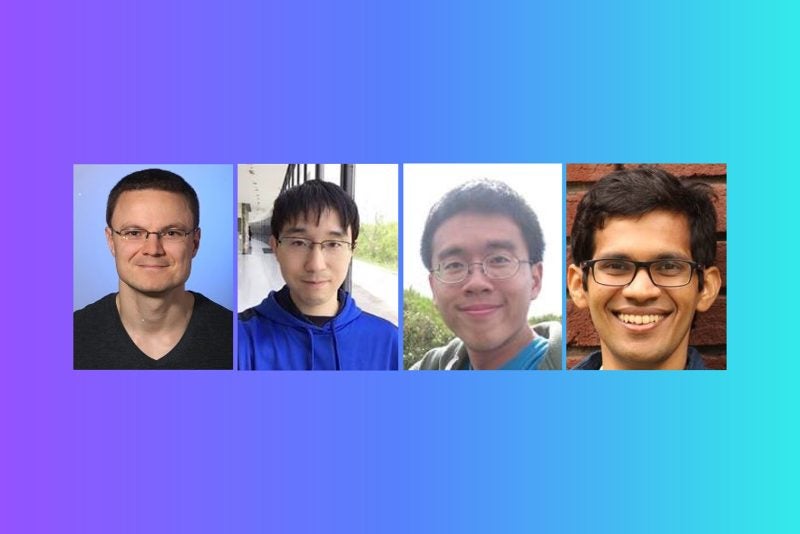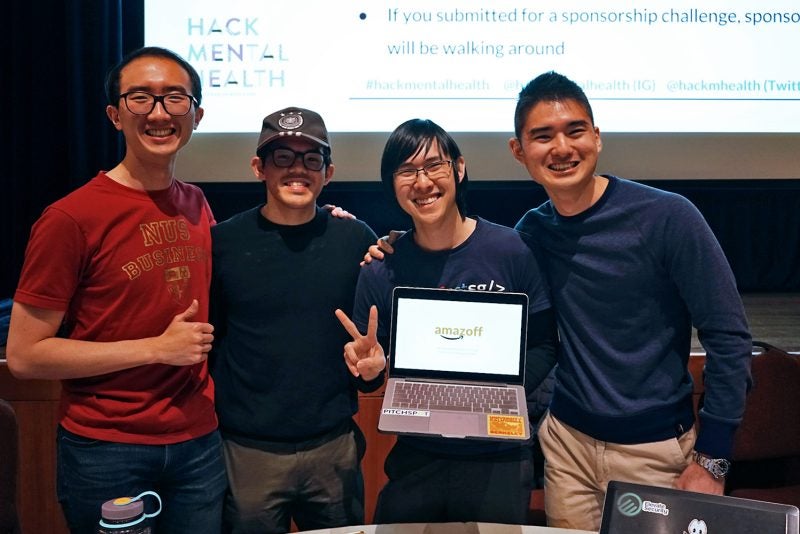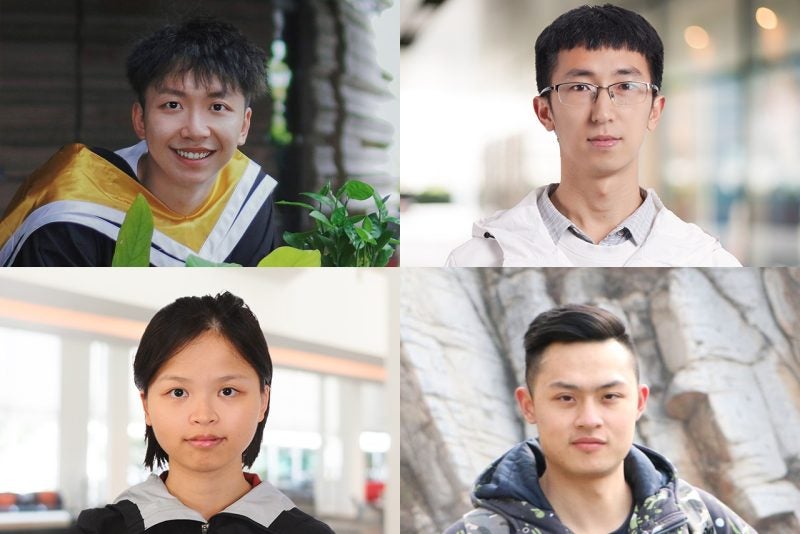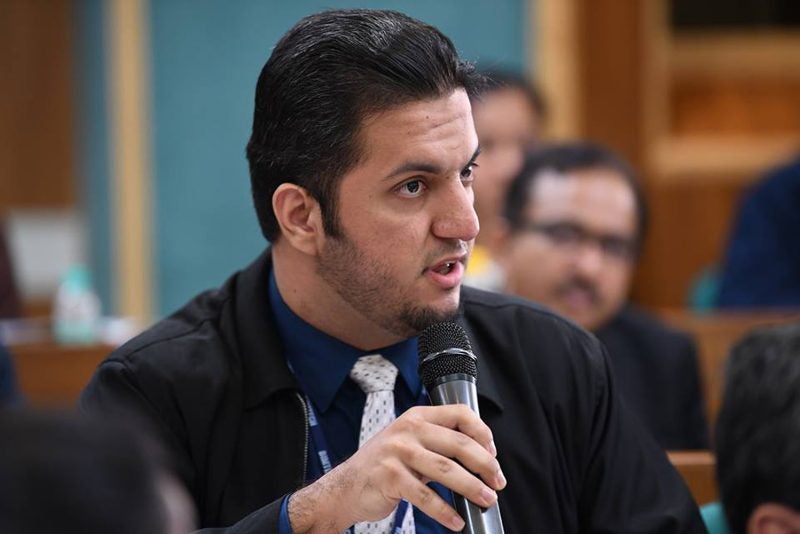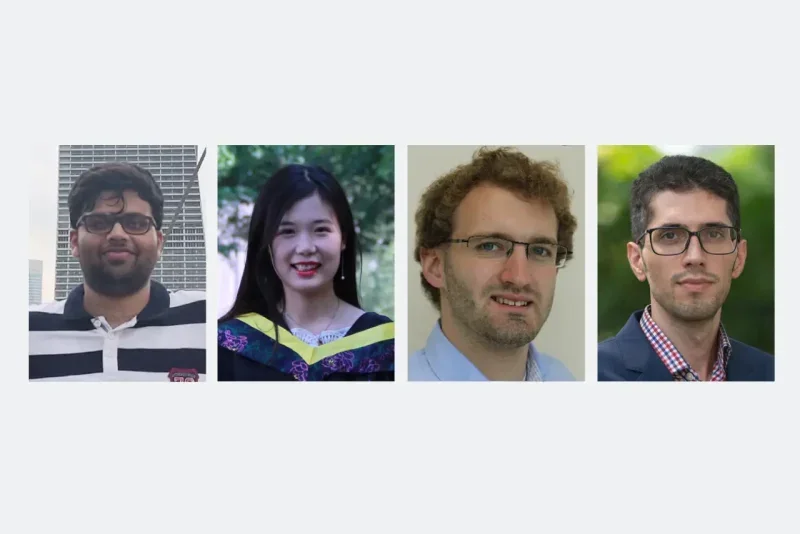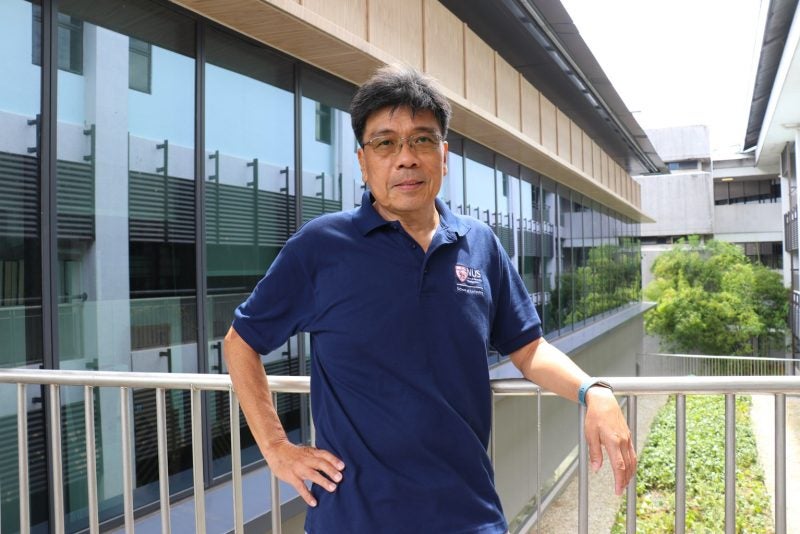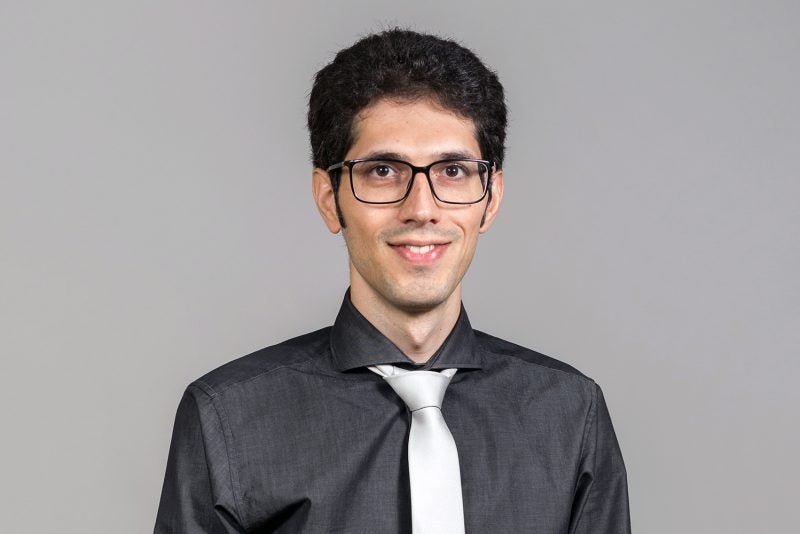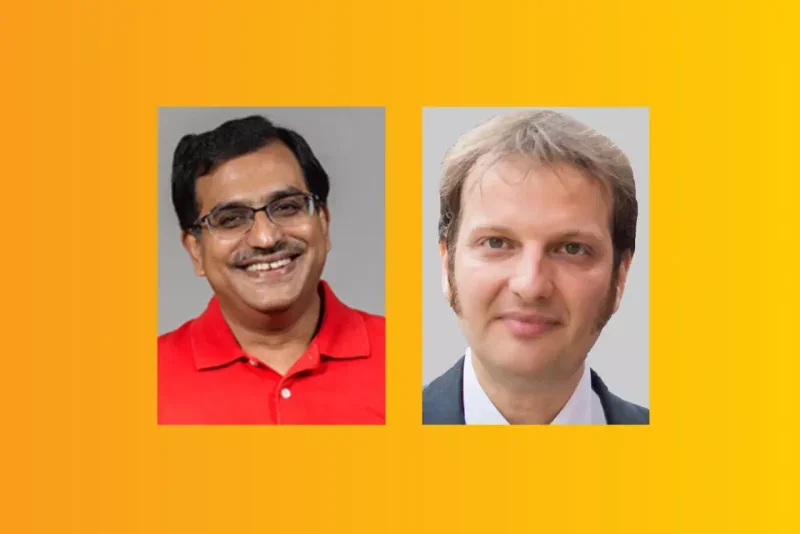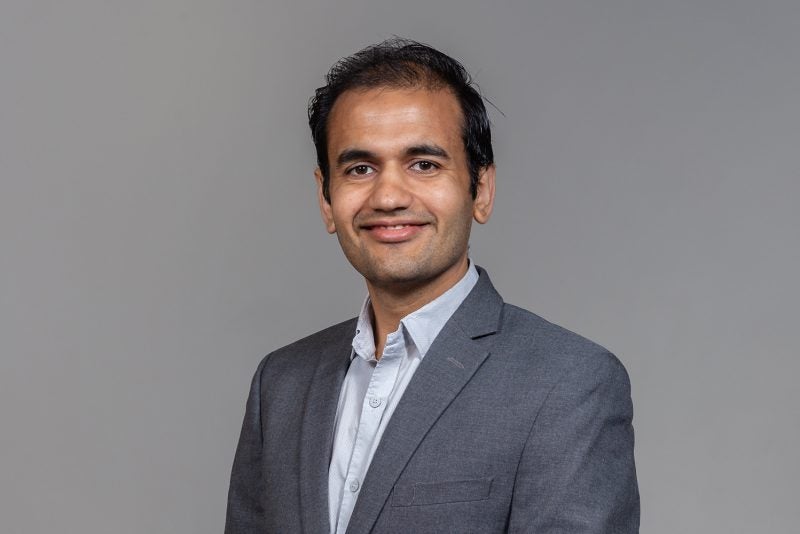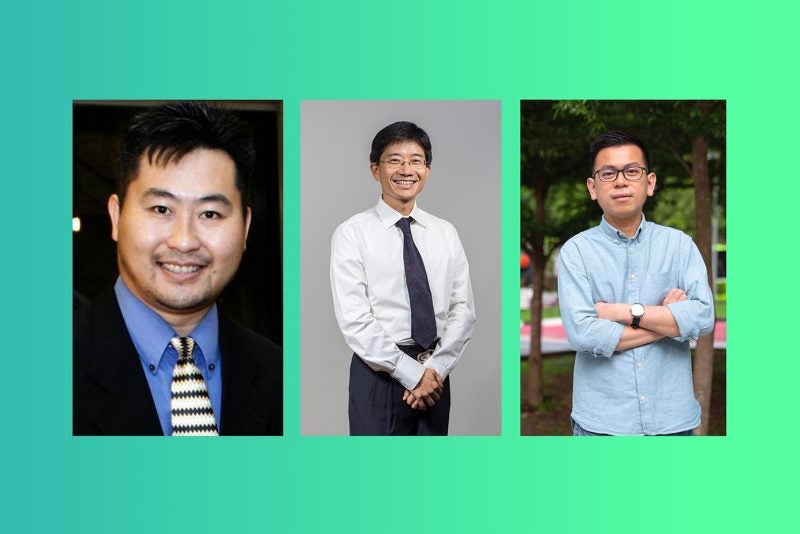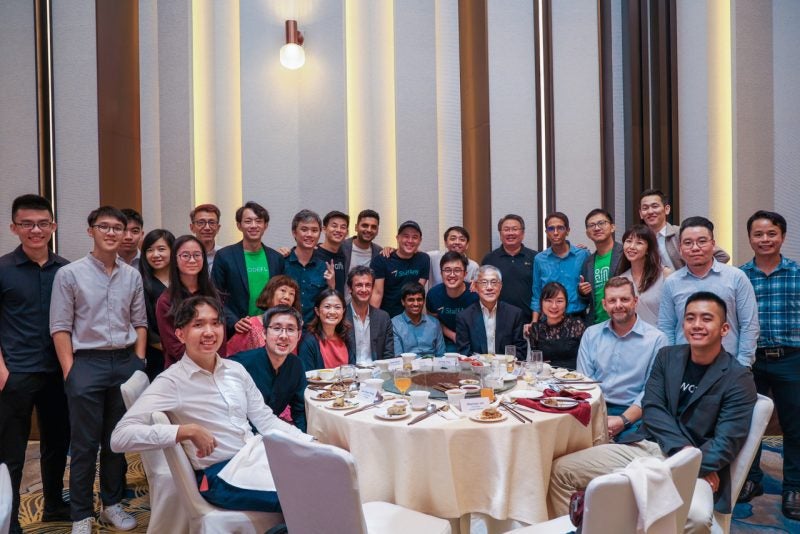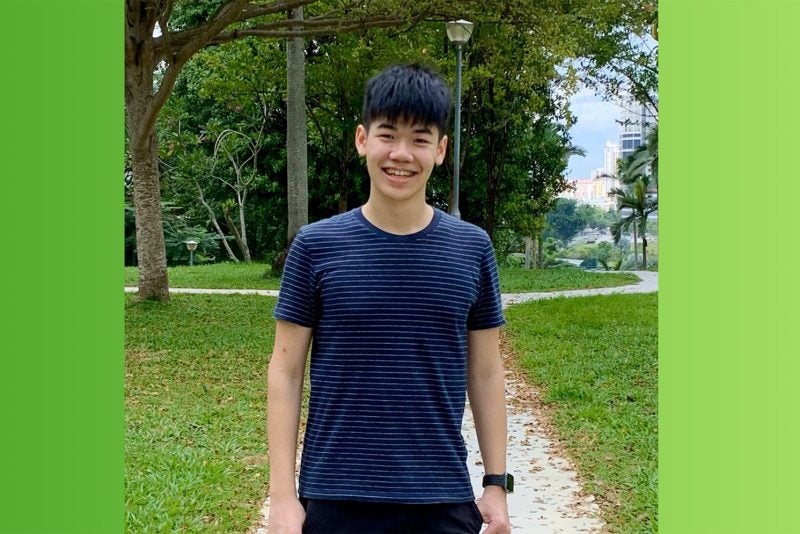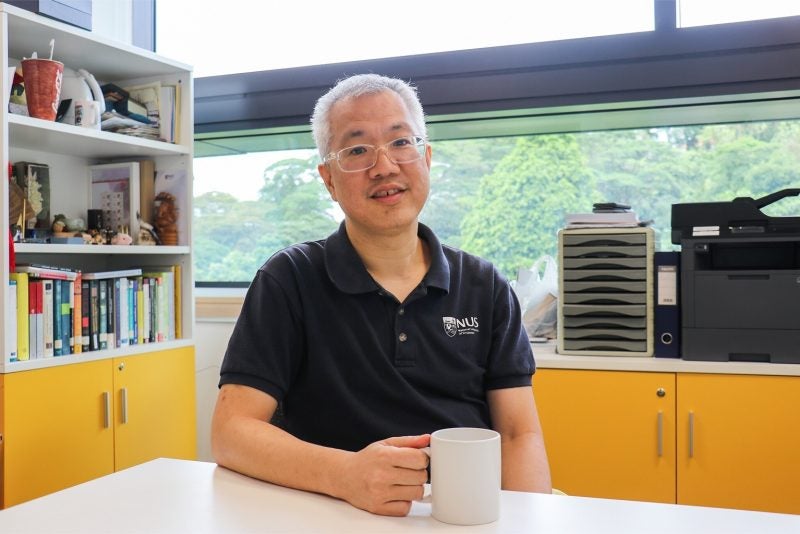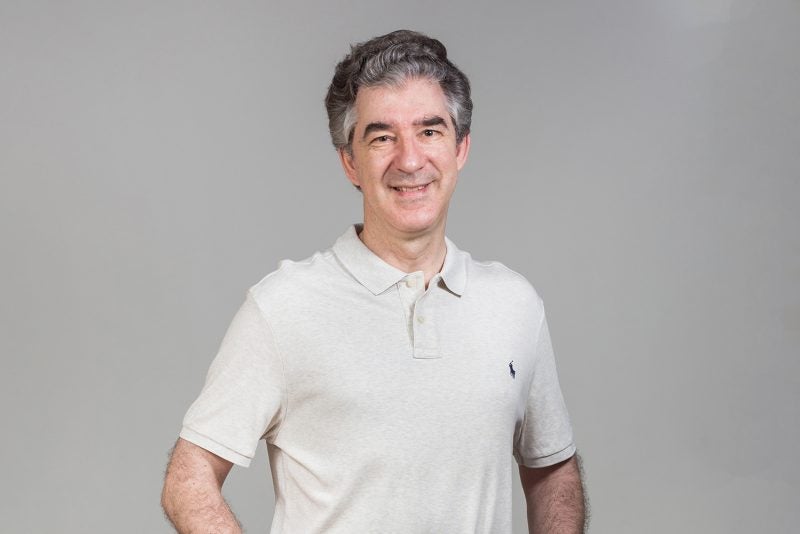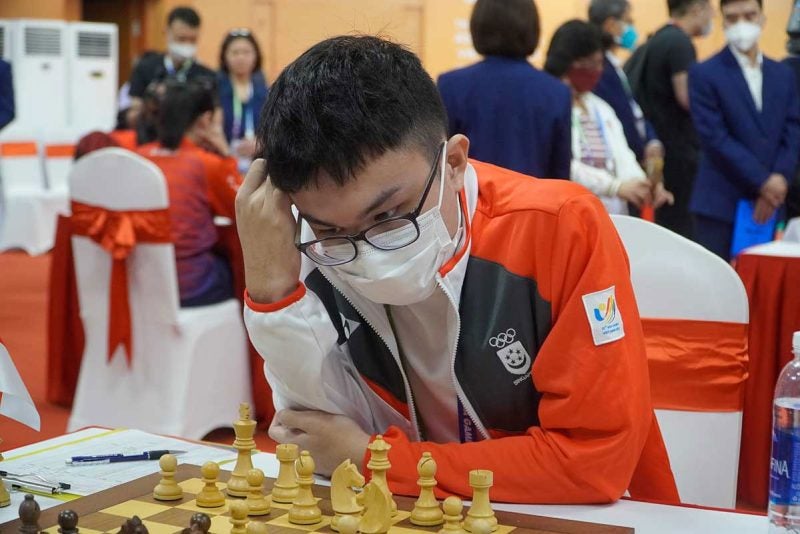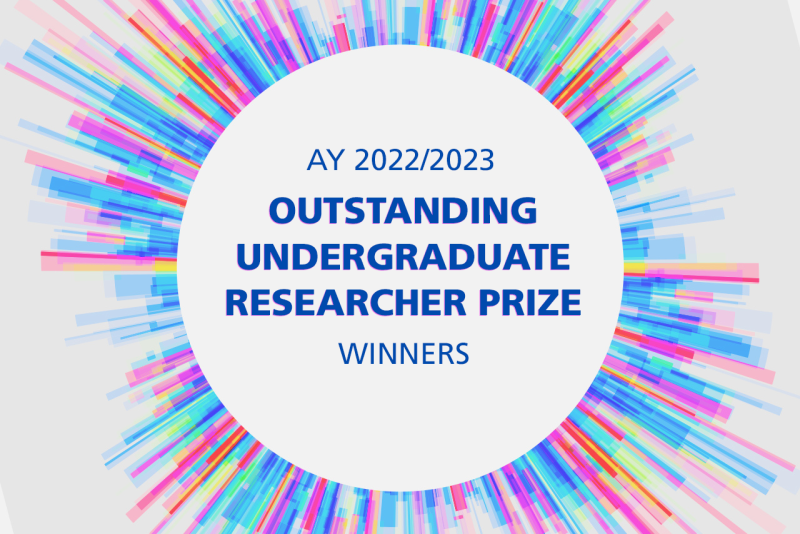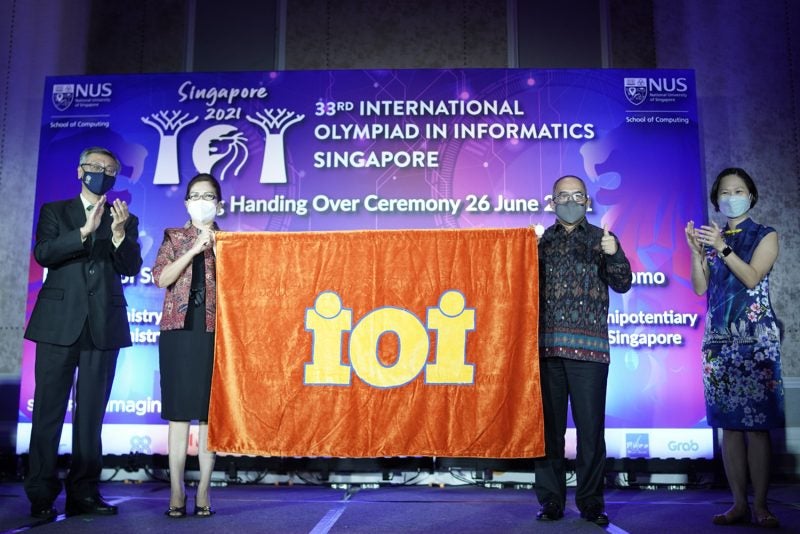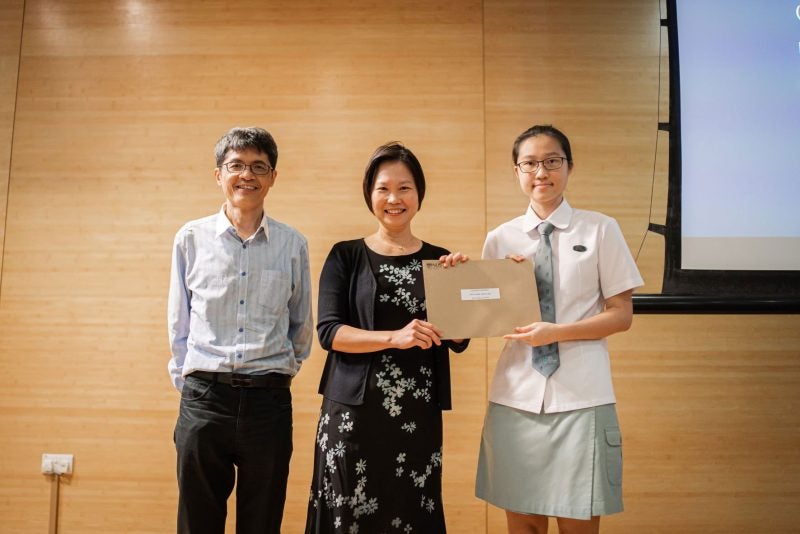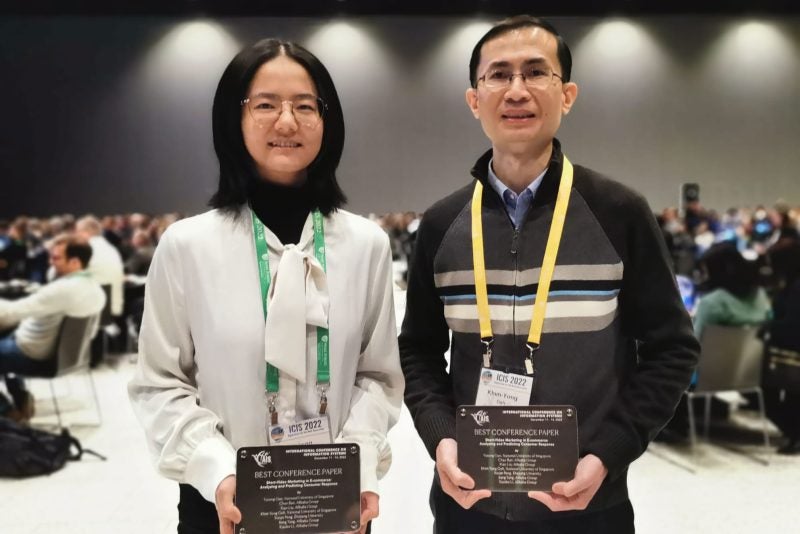NUS Computing students round off the year with an impressive feat at the International Collegiate Programming Contest (ICPC) Asia Jakarta and Hue City Regional Contests.
ICPC is the world’s oldest and most established algorithmic programming contest for university students. Teams of three university students race against the clock to solve as many of the algorithmic problems in various categories (e.g., greedy, data structures, graph, geometry, constructive etc.). A typical ICPC contest would require teams to solve 12 to 13 problems in five hours.
Top-scoring teams from the ICPC regional contests will then receive an opportunity to compete in the annual global championship round — the ICPC World Finals.
Out of 80 teams (only 74 were onsite) that participated in the Jakarta contest, held from 1 to 4 December, seven out of the top 12 teams were from NUS.
The first place winner, Team absinthe from NUS, comprises three third-year students: Computer Science student Nyamdavaa Amar, Computer Science with Second Major in Mathematics student Rama Aryasuta Pangestu, and Computer Science with Double Major in Mathematics student Bui Hong Duc.
All three members had prior experience as they participated in the 2021 ICPC Asia Jakarta Regionals Contest. Nyamdavaa then went on to finish second place in the 2022 ICPC Asia Ho Chi Minh Regionals Contest.
Putting the strategy to work
During the Jakarta contest, Team absinthe solved 11 out of 13 problems in five hours. They had a close fight with another NUS team named “Cossacks & Samurai”, who also solved 11 problems but fell behind in time. Team Cossacks & Samurai placed second in the contest.
“I think one thing that definitely put us at an advantage over other teams was that we had a really strong implementer that solved the geometry problems in both regionals.”
Made of seasoned players, Team absinthe credits their efficiency to a few strategies. During the first half of the Jakarta contest, they had a “who solves it, writes it” approach. This means that the person who solved the problem will be the same person who implements the solution. Time is paramount as this reduces the time needed to recount the details of the problem and solution to other team members and gives them time to work on other problems. In the second half, when the problems are more complicated, they become more flexible in their approach. They may delegate a team member to implement the solution, or they would put their heads together to work out the finer details.
“I think one thing that definitely put us at an advantage over other teams was that we had a really strong implementer that solved the geometry problems in both regionals. This is regarded as the most annoying type of problem to implement and are usually left by other teams for later,” Nyamdavaa elaborated.
Every second counts
Armed with promising results, the two teams locked heads again in the Hue City contest. A total of 125 participants participated in the Hue City contest from 6 to 9 December. However, they faced an unexpected contender from Seoul National University who solved two more problems in the nick of time and took over the top spot. Team absinthe finished second while Team Cossacks & Samurai finished in third place.
“Another so-close-yet-so-far result after the same runner-up result in 2022. NUS will not give up and will try to do better in the subsequent year,” reflected Associate Professor and ICPC coach Steven Halim.
Nonetheless, NUS teams did well despite the tougher competition, clinching four spots in the top 10 placings.
Team absinthe is the NUS World Finalist representative and is now gearing up for ICPC World Finals 2024.
“We were certainly happy to know that we qualified for the World Finals, but there was also an understanding that our participation at the regionals was only half the job done. We still have the desire to perform our best at the World Finals,” Nyamdavaa said.
NUS Computing thanks our generous donors for both contests, especially Sea Group for establishing Sea Olympiad scholarships, Huawei, Optiver, Jane Street, HRT, Jump Trading, Citadel | Citadel Securities, DRW, and other partners of CeNCE.
To nurture top computing talent and cultivate excellence, NUS Computing has partnered with the consumer Internet company, Sea to establish the Sea Olympiad Scholarship. This scholarship is presented to gold medallists of International Olympiad in Informatics (IOI) and covers their tuition fees, living allowances, accommodation, and overseas study programmes, among other expenses.
Both Nyamdavaa and Hong Duc were former IOI gold medallists and recipients of the Sea Olympiad Scholarship. Besides Sea, Huawei also awarded the Huawei Gold Olympiad Scholarship to former IOI Gold Medallist Yuto Watanabe who is under Team Cossacks & Samurai.
CeNCE is a centre that promotes computing excellence among pre-university and university-level students. It prepares students for various programming competitions such as ICPC. For more information about CeNCE, please visit their website.
NUS Computing thanks our generous donors: Sea, Huawei, Optiver, Jane Street, HRT, Jump Trading, Citadel | Citadel Securities, DRW, and other partners of CeNCE for their continued support.

